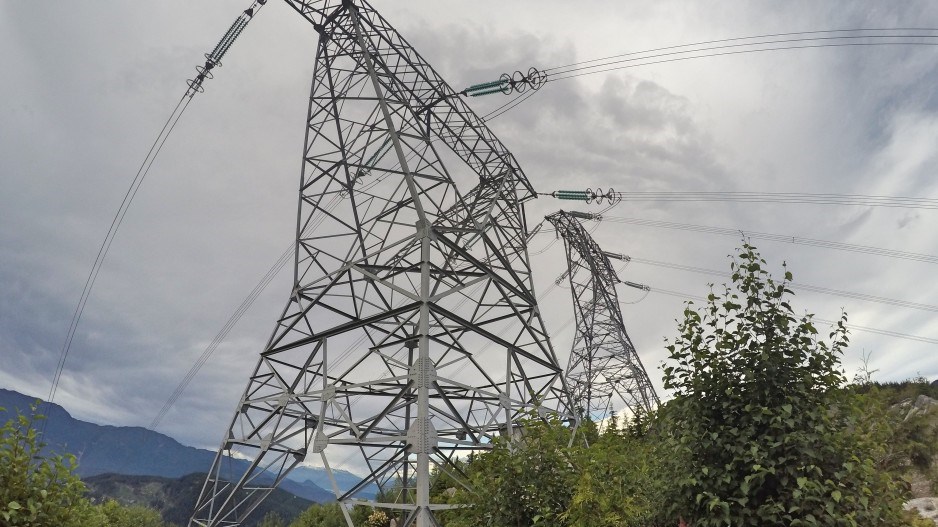The B.C. government is earmarking $902 million for climate change related initiatives under the Clean BC plan.
That doesn’t include the $285 million that BC Hydro is spending on a new transmission line to electrify the natural gas sector in northwest BC, which would result in a significant GHG reductions in the natural gas sector.
When combined, the CleanBC plan and the Peace River Electricity Supply (PRES) project brings the total spend over the next few year on lowering greenhouse emissions to $1.2 billion.
In the 2019-2020 budget, $902 million is earmarked over three years to implement a range of policies under the CleanBC plan, including $354 million in new program funding and $26 million in capital funding.
Of that, $299 million is set aside in contingencies for new programs that haven’t been developed yet.
Meanwhile, in its self-funded capital budget, the government has identified $285 million for the new Peace River Electricity Supply (PRES) project, which will help natural gas producers use electricity instead of natural gas in their processing plants.
The provincial government has estimated that 1.7 megatonnes of GHGs can be avoided by electrifying the gas fields. A number of natural gas plants in B.C. already run on electricity, rather than natural gas, thanks to a previous transmission project – the $296-million Dawson Creek/Chetwynd Area Transmission project.
As for the funding that is allocated under CleanBC, the largest share is for industry – $168 million over three years.
The government will allocate revenue from the carbon taxes paid by heavy industry back to industry itself, to provide incentives for mines, pulp and paper mills, refineries and other large emitters to make investments in reducing their emissions.
The second largest share of funding – $107 million – is for transportation. It includes:
• $42 million for electric and hydrogen fuel cell vehicle incentives;
• $20 million for public fast-charging and hydrogen fueling stations;
• $10 million in incentives to help medium- and heavy duty vehicles to switch to lower emission fuels, and $6 million for light duty fleets.
CleanBC’s budget includes $58 million for incentives to help businesses and homeowners make energy efficiency upgrades to homes and buildings, and $26 million in capital funding for energy efficiency upgrades to government owned or leased buildings.
The CleanBC fund also includes $18 million for indigenous and remote communities, largely to help them switch from diesel power to cleaner power sources.




